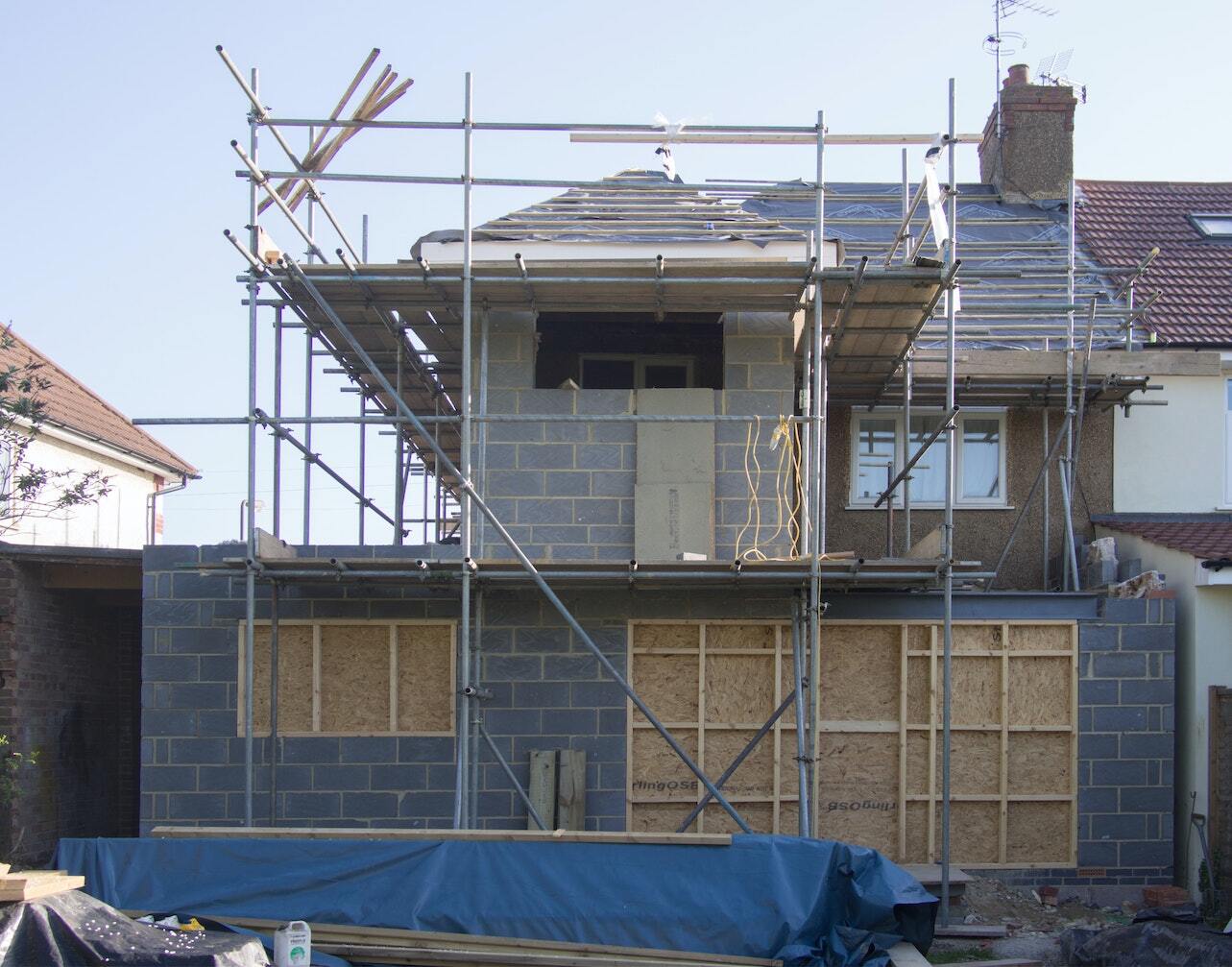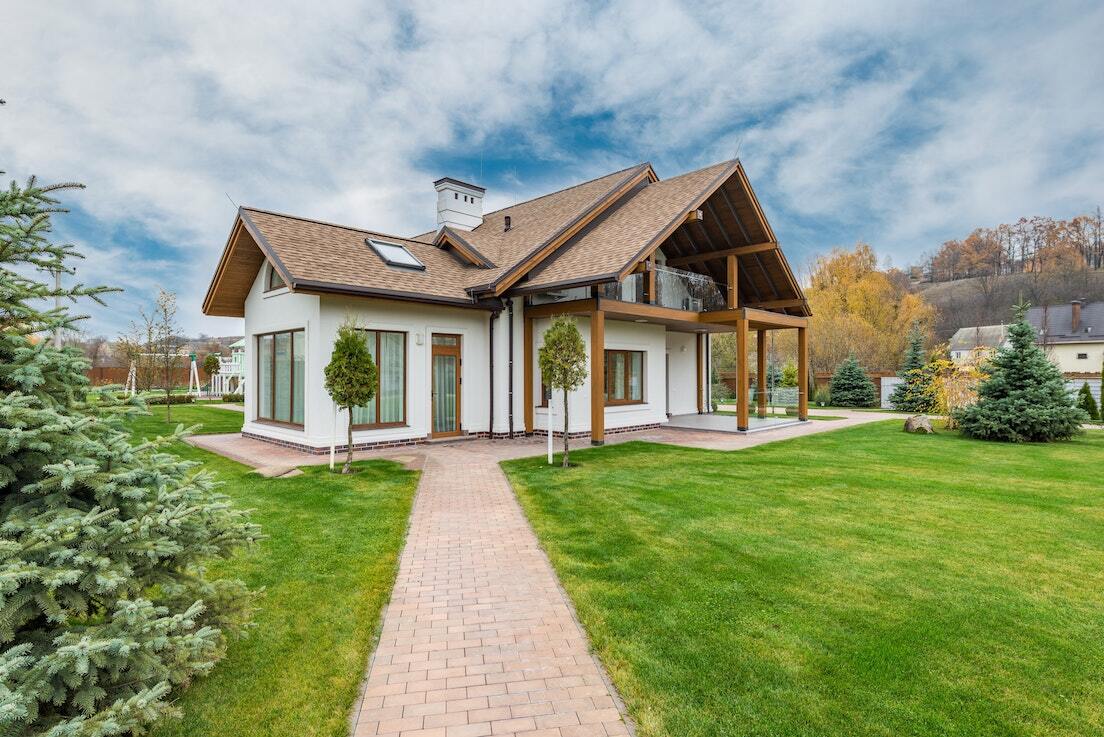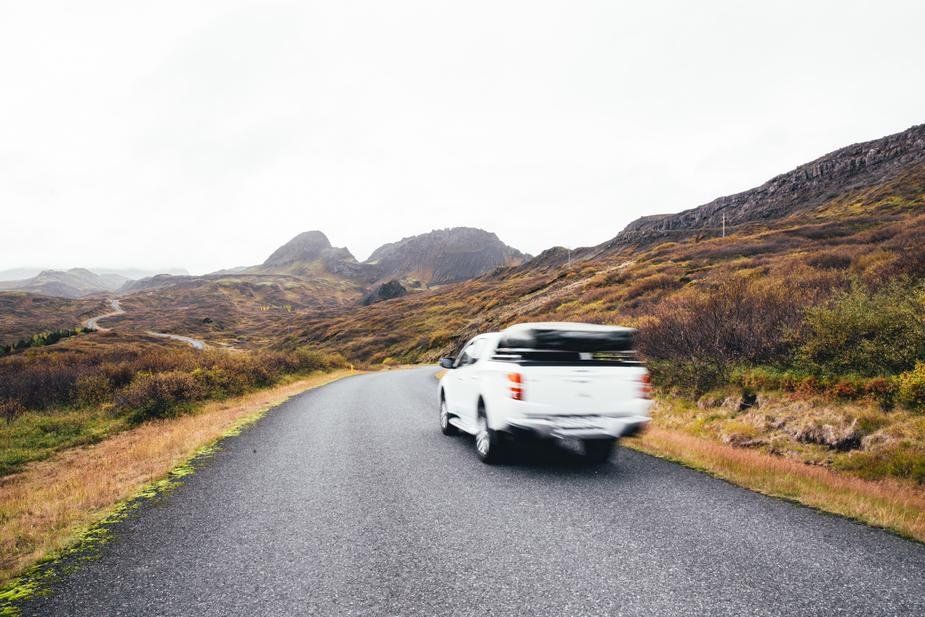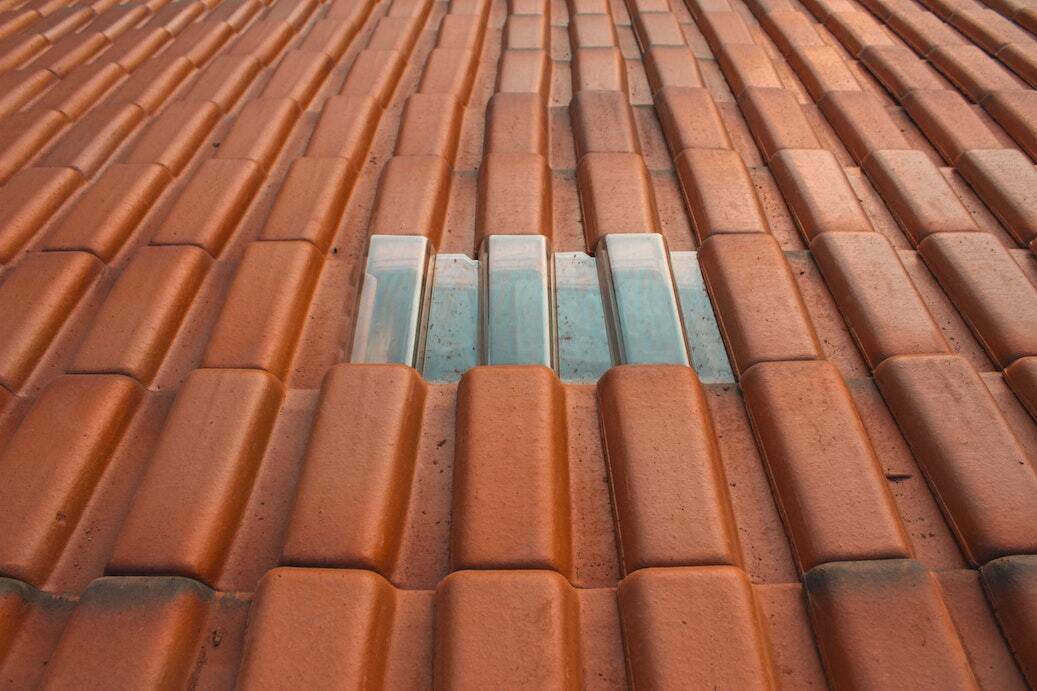Insurance For Roofing Contractors
8:30am - 5:00pm Mon-Fri
Will Reply in 15min*
Top 3 Recommended Policies
What Insurance Is Needed for Roofing Contractors in New Mexico, Utah and Texas?
Construction is, without a doubt, is among the most dangerous occupations in contemporary society. This is why insurance requirements in this field are sometimes rather complicated.
Roofing, in particular, is a high-risk occupation since roofers do not have both feet on the ground while working. Obviously, the most dangerous aspect of roofing is in case a worker or connected contractor falls off the ladder or roof and gets an injury.
Roofing deaths make up 96 of the 5,250 fatal injuries that occur during work in 2018, according to the Bureau of Labor Statistics' National Census of Fatal Occupation Injuries. While the national average for fatal injuries for every 100,000 full-time employees is 3.5, roofers have a rate of 51.5, which is astonishing.
While the high probability of physical injuries is the most important reason to insure your roofing company, there are additional hazards of equipment and property damage, among many other things, that need to be adequately protected.
Over 180+ commercial clients covered
100% customer satisfaction guaranteed
Over 10 years of commercial insurance experience
Types of Insurance for Roofing Contractors
1. Business Owners Policy
A Business Owner's Policy (BOP) is a must-have for roofing protection. While larger construction companies will almost certainly need to purchase general liability, business interruption policies, and commercial property, separately, smaller companies (typically those with fewer than 100 employees and less than $5 million in annual revenue) will be able to save money by bundling such coverages into a BOP.
General liability coverage would cover roofers in the event of third-party physical harm on the job site, meaning if somebody who isn't an employee is hurt on the job. For instance, if one of your tools fell from the roof and wounded a passer-by, general liability insurance will assist cover all of the expenses related to the damage.
Slander, wrongful arrest, libel, and other repetitional rights of the company and yourself are all covered under general responsibility. It also protects client claims about services or goods that your company promotes.
Damage to property and equipment is covered by commercial property insurance. Such insurance coverage will safeguard your property and the things inside it, whether you own the office building or rent it. It also offers coverage for storage facilities or any garages used by the company. Roofing contractors may often add a "tools and equipment floater" to their policy to cover any particular tools and equipment they may require for their operation, whether bought or borrowed.
Finally, loss of income or business interruption insurance is frequently included in a BOP, and it reimburses firms if they have to shut down and are unable to work for any reason. It normally covers a year's worth of lost revenue and operational expenditures.
2. Worker's Comp Insurance
Workers' compensation insurance must be regarded as vital coverage when putting up a roofing insurance package since the safety of your employees is of the highest significance in the roofing industry.
As we've previously established, roofing is an extremely risky industry with a high mortality rate, which means you'll probably have to spend a little more for a solid workers' compensation coverage than other lower-risk enterprises.
If one of your employees is hurt on the job, your workers' compensation insurance will cover all medical expenses, including rehabilitation. While your employees are healing and unable to work, workers' compensation will pay their missed income.
If a fatal injury happens, workers' compensation will award disability and even death payments in the case of a more catastrophic scenario. It also covers you against workers' compensation claims, including defense expenses and possible settlements, in the event that the injured employee chooses to sue you rather than accept the workers' compensation benefits you've provided.
3. Commercial Auto
If a roofing company requires the use of automobiles, trucks, vans, or trailers, you need to get commercial auto insurance. Because, even if you own these cars, personal auto insurance will not cover work-related losses.
If somebody is injured while driving a business vehicle, commercial car insurance will cover damages to third-party vehicles as well as medical costs and personal injury protection for you and your workers. If you or your employees are part of an accident where a third party is hurt, this will cover third-party physical injuries.
4. Professional Liability
While this isn't considered mandatory roofing insurance, it is required for some kinds of construction and roofing businesses. If your roofing firm, for example, often interacts with clients and makes suggestions on particular goods, materials, and treatments to use in repairing or maintaining roofs, professional liability insurance may be required.
The coverage protects the roofing firm in the event of a legal lawsuit arising from any advice or suggestions you gave to a third party that resulted in a financial loss or harm.
Request a Quote
Speak with a Roofer's Contractor Insurance specialist today!
Get started today!
A property that is undergoing construction or renovation will be covered by builders' risk insurance. Buildings or structures that are under construction or refurbishing will be covered under the insurance in cases where they are vandalized or destroyed by fire or weather. It will cover the project's equipment and supplies, both on the construction site and in transportation.
Most owners will require that the project's general contractor get this insurance and guarantee that almost all subcontractors are protected as well.
Prefer to speak with an agent now?











